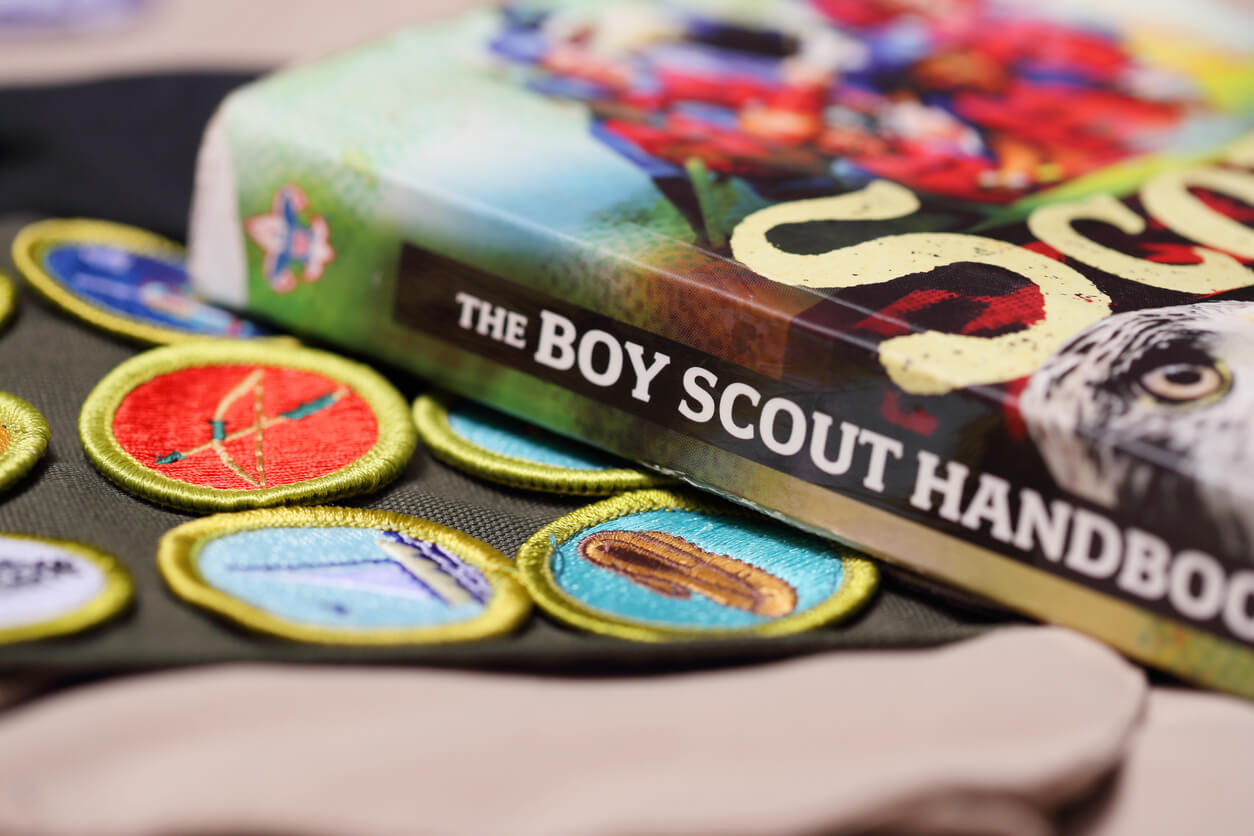November 16, 2020 is rapidly approaching, which means time is running out for victims who were sexually abused while participating in the Boy Scouts to seek justice. Attorney Paul Mones, who has helped hundreds of victims seek compensation through the BSA bankruptcy claims process, spoke to USA Today to answer some common questions asked by victims. In this blog post, we will go into a bit more detail on some of the FAQs from the article.
Should I file a claim?
Anyone who has experienced victimization or abuse within Boy Scouts of America should file a claim before the deadline, regardless of the type of abuse or when it occurred.
Those who are instructed to file a claim include but are not limited to survivors who have:
-
- Filed lawsuits or claims against the Boy Scouts.
- Called the Scouts First Hotline or otherwise reported a claim of abuse.
- Never filed a lawsuit, entered a settlement or reported their abuse.
As noted in the USA Today article, “abuse is not limited to experiences between a scoutmaster and a Scout. Abuse can be between two Scouts, or committed by assistant scoutmasters, camp employees, camp directors, instructors or other volunteers. ‘A lot of adult leaders weren’t even registered at that time, or formally registered with Boy Scouts,’ Mones said.”
What is the point of a claims form? What does it look like?
The forms are designed to help the bankruptcy court determine the merit of the claims. They require basic personal information, including contact and employment information. They include a series of questions about when, where and how the abuse occurred.
The questions on the claims forms by and large request straight-forward information, but a number require the victim to provide detailed personal information. Working with an attorney that is familiar with the claims process will ensure that each question is fully answered.
Mones advises people considering an attorney to look for one who will take the case on a contingency fee basis, meaning he or she will not charge fees upfront and be paid only if you receive a settlement.
Other important points to consider are experience, particularly experience in working with cases of sexual abuse, and your comfort level with the attorney.
The process may be particularly difficult for people who have not spoken about their experiences. It can be difficult to effectively describe your own victimization, Mones said, which is required on the forms.
What type of compensation can I expect?
The exact amount will be determined based on the organization’s total assets, the amount of money the nonprofit group owes to other entities and consideration of how payouts will affect the organization’s survival. In bankruptcy, people are typically paid less than what they are owed.
Will my name be kept private?
If you do not check the box that you want your claim to be made public then your name will not be made available to the public at large.
Have Other Questions? Contact Us Today
These are just some of the most common questions abuse victims ask Paul Mones and the other members of our team. We understand that each abuse case is different, and different victims have different concerns. We also appreciate that reading a list of FAQs on the internet is not the same as talking to an experienced attorney. Our firm welcomes anyone who is considering filing a claim form in the Boy Scout bankruptcy to contact our office and schedule an appointment to speak with Paul Mones or another member of our team. We will do our best to answer your specific questions and help you seek justice.

